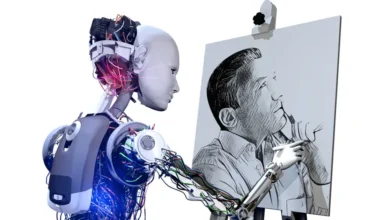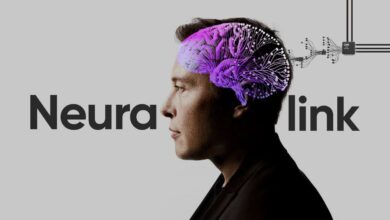Artificial intelligence detects brain tumors in 90 seconds

Researchers at the University of Michigan have developed an artificial intelligence (AI) system that can detect genetic mutations in cancerous brain tumors in less than 90 seconds. The AI system aims to assist doctors rather than replace them by streamlining their tasks and improving patient care.
Recent studies have shown the potential of AI systems in predicting the development of breast, lung, pancreatic, and brain cancer. The Tech de Linjinior website highlighted the rapid examination of brain tumors using AI, emphasizing the importance of genetic composition in determining the effectiveness of treatments.

Different types of widespread tumors have varying genetic mutations, and the success of treatments depends on understanding these mutations. For example, patients with a type of widespread tumor called the star cell tumor can gain an average of five years of life expectancy after complete tumor removal, compared to other types of tumors.
Currently, the methods for surgical decision-making and chemotherapy choice rely on molecular classification techniques. However, the team of neurosurgeons and engineers at the Michigan Medical Hospital aims to provide a more accurate and faster approach. Their system, developed in 2019, combines deep neural networks and Raman spectral tissue imaging technology.
The effectiveness of the AI system was tested in a study involving over 150 patients with delgla tumor. The system accurately determined the mutations and sub-molecular groups of the disease, surpassing an average accuracy rate of 90% based on the guidelines provided by the World Health Organization.

Dr. Todd Holon, a neurosurgeon at Michigan University of Health and the study’s first author, expressed optimism about the potential of this AI tool in improving access, diagnosis, and care for patients with deadly brain tumors.
With its ability to analyze genetic mutations quickly and accurately, this system holds promise for enhancing patient outcomes and guiding treatment decisions. Continued research and collaboration with other institutions will further refine and expand the capabilities of AI in cancer diagnosis and care.










